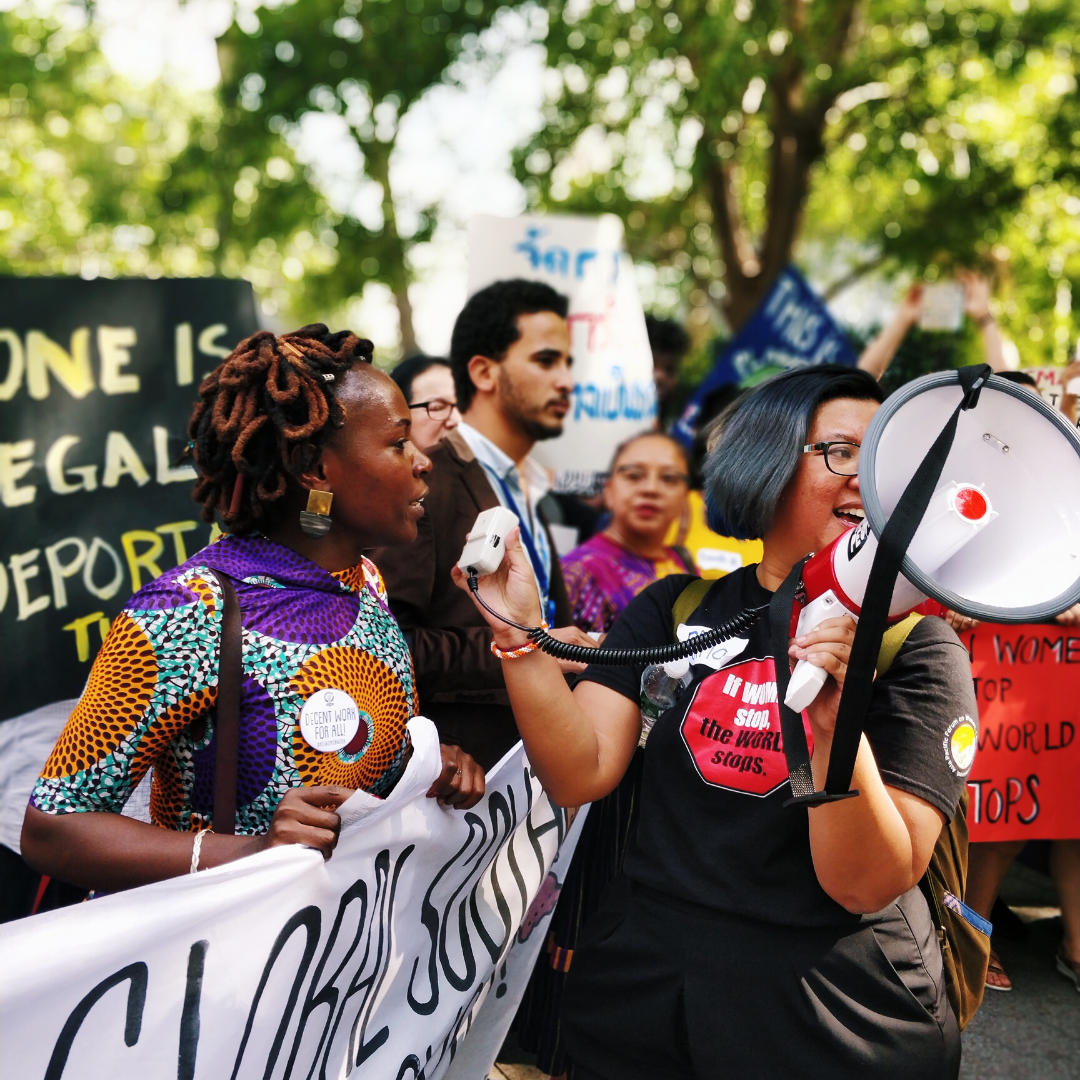On the third day, CLR and FPAR participants joined in a Wisdom Circle to bridge struggles and reflect on how community-led and feminist research can be a tool of resistance, healing, and transformation. Stories from across continents revealed the political power of research that starts and ends with communities, building hope and solidarity across borders.
The final three days centered on the new FPAR cohort, which is launching an 18-month journey to reframe the economy around care, solidarity, and sustainability. Using creative and participatory tools such as body mapping, embroidery storytelling, and power mapping, participants grounded their research designs in feminist and decolonial principles. By the end of the week, participants had strengthened a global community of practice, produced the Declaration on Loss and Damage, co-designed feminist research processes for care-centered economies, and built strategies for joint advocacy. Across languages, regions, and struggles, one truth resonated: by reclaiming our narratives and rooting research in lived realities, communities are not just documenting injustice—they are shaping the futures they envision.

